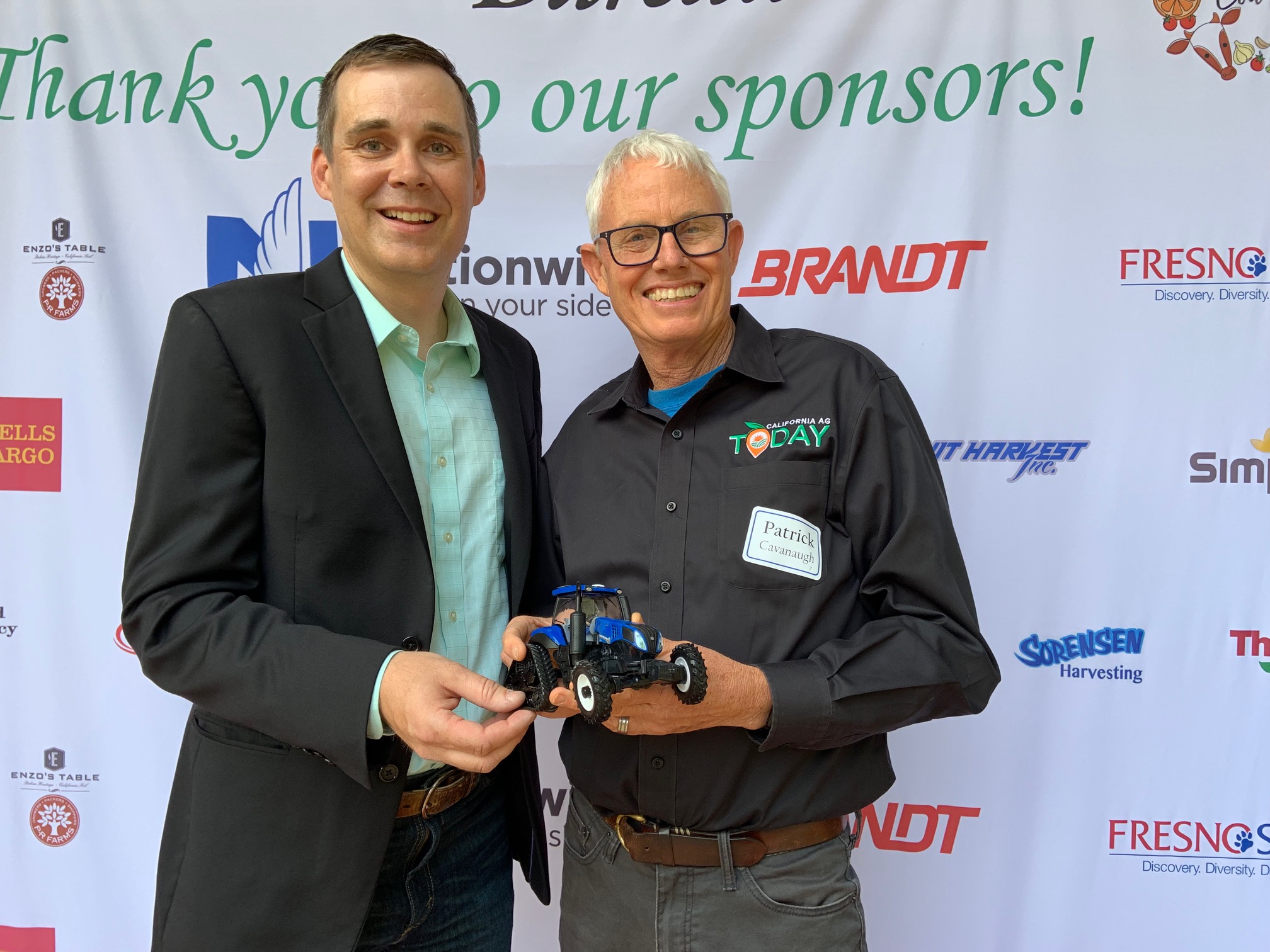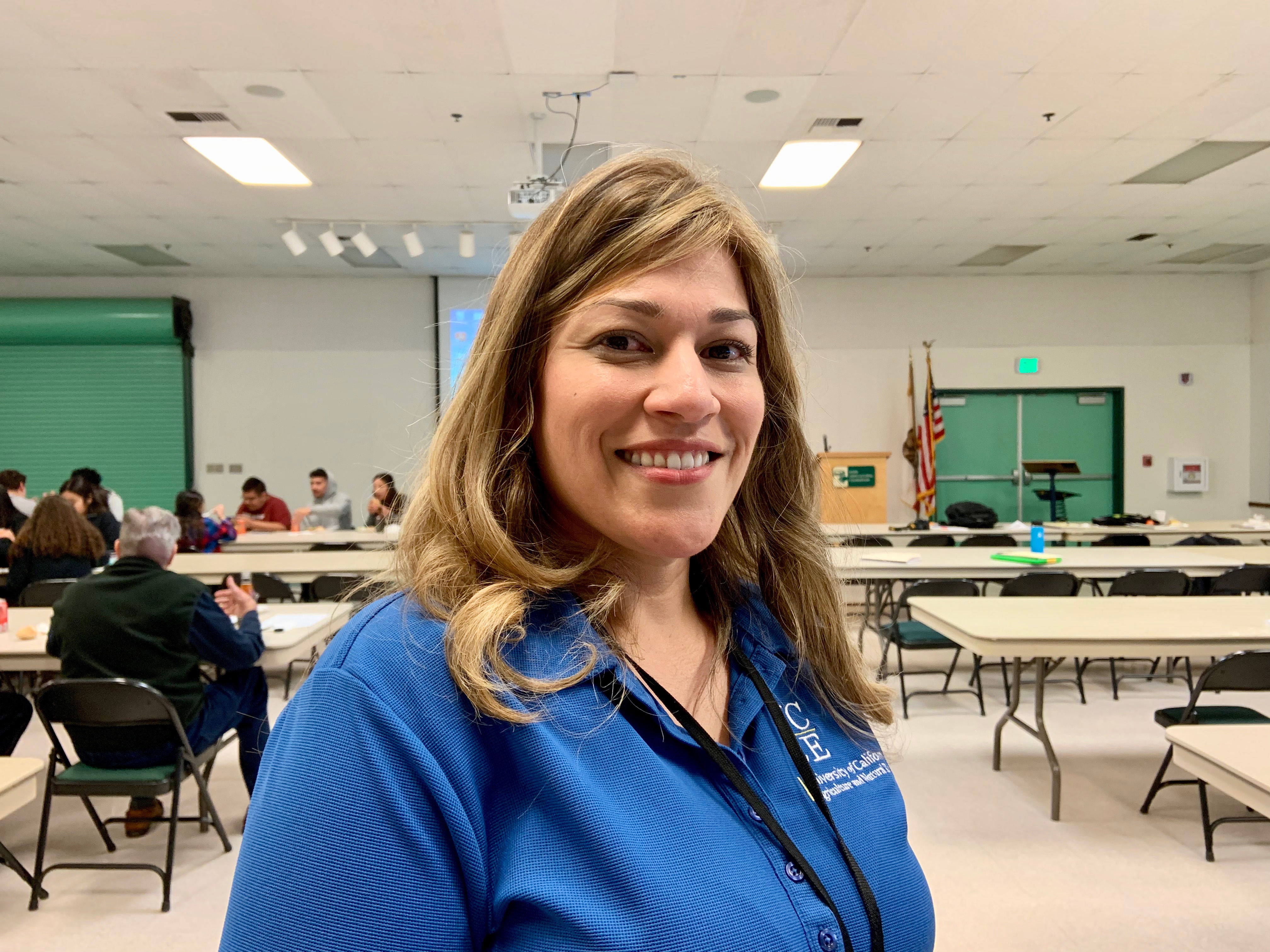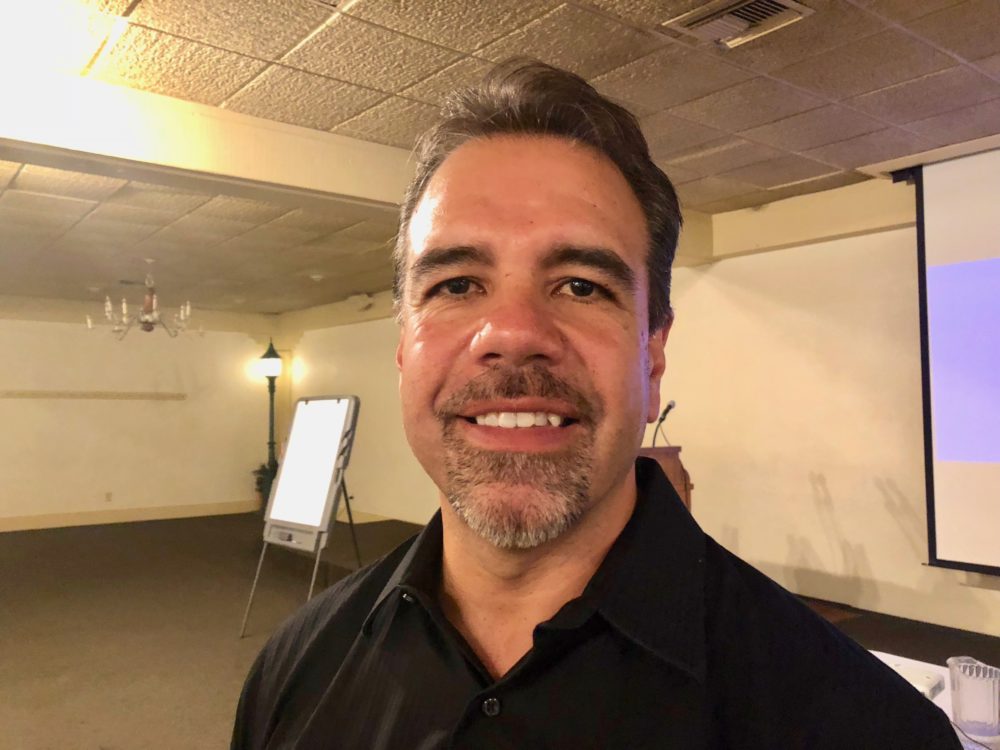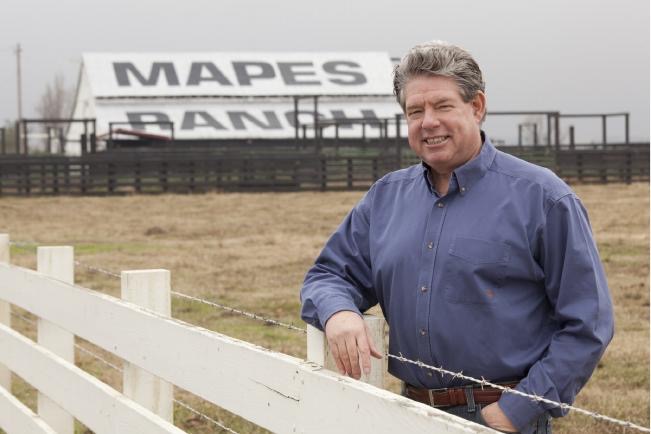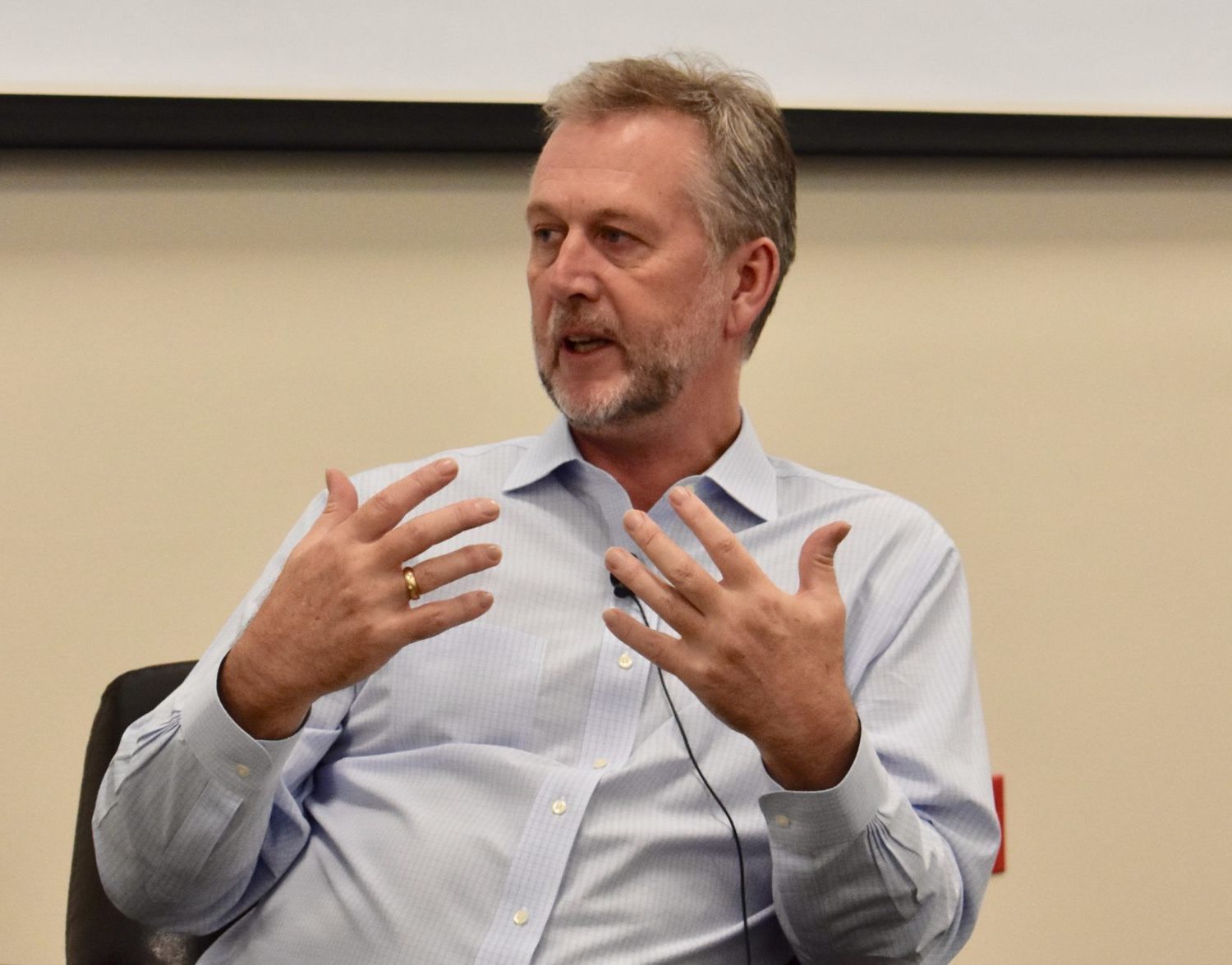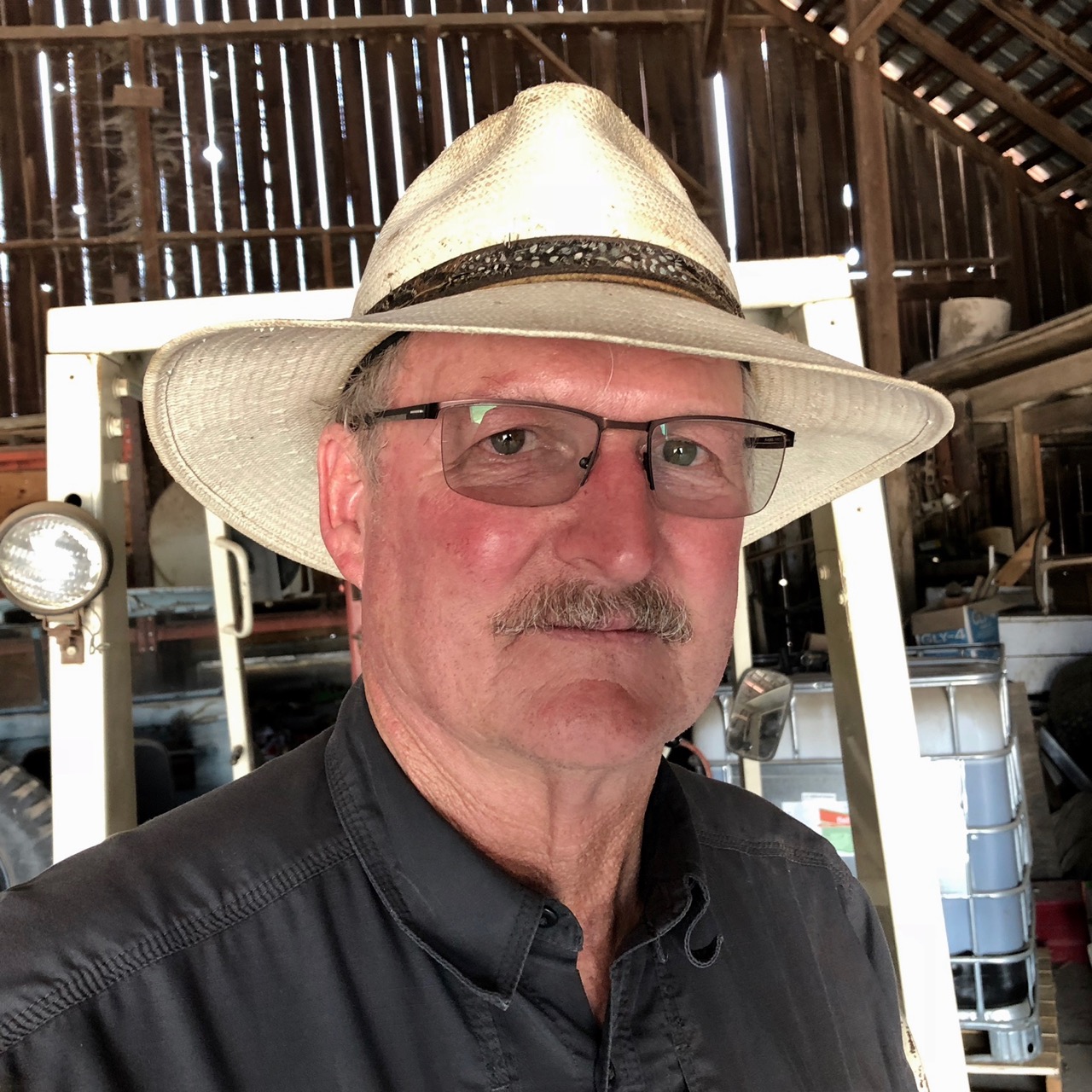Cavanaugh Wins Fresno County Farm Bureau Journalism Award
Patrick Cavanaugh Wins Award for Audio Report on Temperance Flat Dam
By Laurie Greene, Founding Editor
The Fresno County Farm Bureau (FCFB) recognized Patrick Cavanaugh, Ag News Director and co-owner of California Ag Today Radio Network and CaliforniaAgToday.com, with a First Place Journalism Award in the Audio category on May 9. Cavanaugh’s radio report entitled “Temperance Flat Dam Denied Full Funding” broadcasted across our 26-station network, focused on the California Water Commission’s failure to fund the Temperance Flat Dam storage project.
Cavanaugh was among four award winners recognized by the FCFB at its second annual “Bounty of Fresno County” event at Wolf Lakes Park in Sanger. This year marked the FCFB’s 25th annual Journalism Awards.
Over 25 entries were received from publications, websites, radio and television stations. The criteria for the awards were: thorough and objective coverage of issues, given time and space limitations; educational element for the agriculture industry or the consumer; and portraying the personal stories of those who make up the food and agriculture industry, making issues relevant to consumers and Valley residents.
Serving as judges were Westlands Water District Public Affairs Representative Diana Giraldo, farmer Liz Hudson of Hudson Farms, and journalist Don Wright of Water Wrights.
Award winners are:
Audio
Patrick Cavanaugh, California Ag Today Radio, “Temperance Flat Dam denied full funding,” March 9, 2018
Cavanaugh discusses the California Water Commission’s failure to fund the Temperance Flat Dam storage project.
Farm Trade Print
Vicky Boyd, Cotton Farming Magazine, “A bird’s eye-view of cotton,” September 1, 2018
Boyd explains the value of drones and how California farmers and ranchers are enlisting such technologies to help boost efficiency, optimize crop inputs and yields, and ultimately, remain profitable.
General Print
Robert Rodriguez, The Fresno Bee, “Will adding a sour kick get millennials to eat raisins?,” August 19, 2018
Rodriguez speaks with the President and Chief Executive Officer of Sun-Maid Growers of California, Harry Overly, about the company’s national campaign focused on rekindling consumers’ fondness for the brand.
Video
Alexan Balekian, KSEE24, “Is the gas tax putting California’s most valuable resource in jeopardy?,” February 19, 2019
Balekian explores the implications of Prop. 6, “the gas tax,” on California agriculture.
Check the CaliforniaAgToday.com Google News-recognized website for additional coverage on Temperance Flat Dam.
Featured Photo: Ryan Jacobsen, CEO, Fresno County Farm Bureau, and Patrick Cavanaugh, California Ag Today Radio Network, holding tractor award.
###
Fresno County Farm Bureau is the county’s largest agricultural advocacy and educational organization, representing members on water, labor, air quality, land use, and major agricultural related issues. Fresno County produces more than 400 commercial crops annually, totaling $7.028 billion in gross production value in 2017. For Fresno County agricultural information, visit www.fcfb.org.

